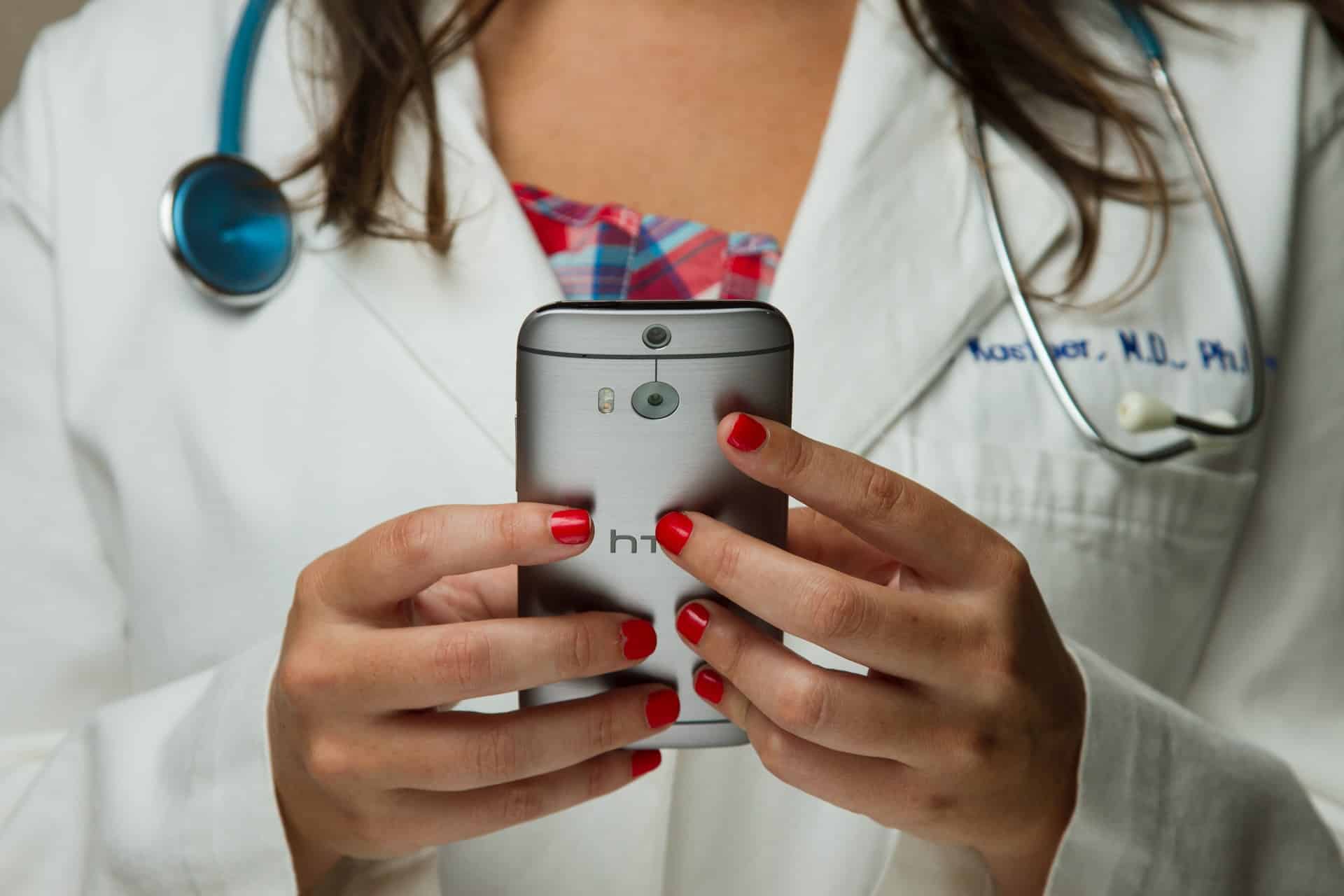Digital healthcare has spread widely proving how vital and essential it is. From mobile applications to wireless medical devices, such as products developed by this healthcare software development service, digital technology has driven a revolution in the healthcare industry. Digital healthcare has hugely improved compared to how it was ten years ago. It has developed even more in the past year due to COVID-19, yet it was already progressing before the Pandemic.
Digital health tools are capable of diagnosing and treating various diseases that lead to enhancing individual healthcare. This revolutionary strategy needs certain essential keys to be successful. On that note, read on to find out three crucial elements that have to be embedded in a successful digital healthcare strategy.
IMAGE: UNSPLASH
1. Wireless Monitoring Devices
Professionals define wireless devices as any device that operates using radio frequency communication, like Wi-Fi, Bluetooth, or mobile data. When it comes to medical care, the ideal wireless devices are those that monitor patients remotely enabling doctors to collect valuable data that helps in diagnosis or finding a treatment plan.
A portable wireless monitor will definitely be more efficient than a bulky one like the one used in the diagnosis of heart arrhythmias. Continuous Glucose Monitor has proven to be extremely competent as the sensor inserted in your belly or arm measures your interstitial glucose level every few minutes and sends the information to a monitor. This monitor can be a part of an insulin pump or another device that you can carry in your pockets.
2. Mobile Apps
At the same time, smartphones are used as communication tools and a means of killing boredom, they play a significant role in the area of public health owing to the existence of medical mobile apps. These applications help patients a great deal to stay on top of things when it comes to their medications or treatments. They also provide them with the necessary information that they need to make health-related decisions.
The digital marketing experts at leadtoconversion.com explain that when you’re applying digital healthcare strategy, whether you’re conducting a private practice or a large hospital system, you ought to include these useful mobile applications as they have critical significance for this strategy to succeed. When it comes to physical activities, a healthy diet, or medical emergencies, these apps come in handy as they keep patients informed about what they need to do and what to avoid.
3. Overall Well-Being
Health providers’ main goal is promoting general wellness amongst their patients. They mainly focus on topics like exercises, weight loss, a healthy diet, and emergency management. These topics may not depend entirely on technology and applications, yet digital healthcare makes it easier for providers to offer sufficient and honest guidance on their patients’ general well-being. Some applications enable providers to keep an eye on their patients and help them achieve their goals, like losing weight or following a healthy diet.
Digital health is all about “beyond the pill” strategies that mainly include applications that aim to support patients and offer them follow-up programs. This technology embraces more than just mobile applications; it includes digital devices that complement medications. The listed points are the elements you need to include when you’re establishing a successful digital healthcare strategy to help to make it beneficial.
If you are interested in even more business-related articles and information from us here at Bit Rebels, then we have a lot to choose from.


COMMENTS